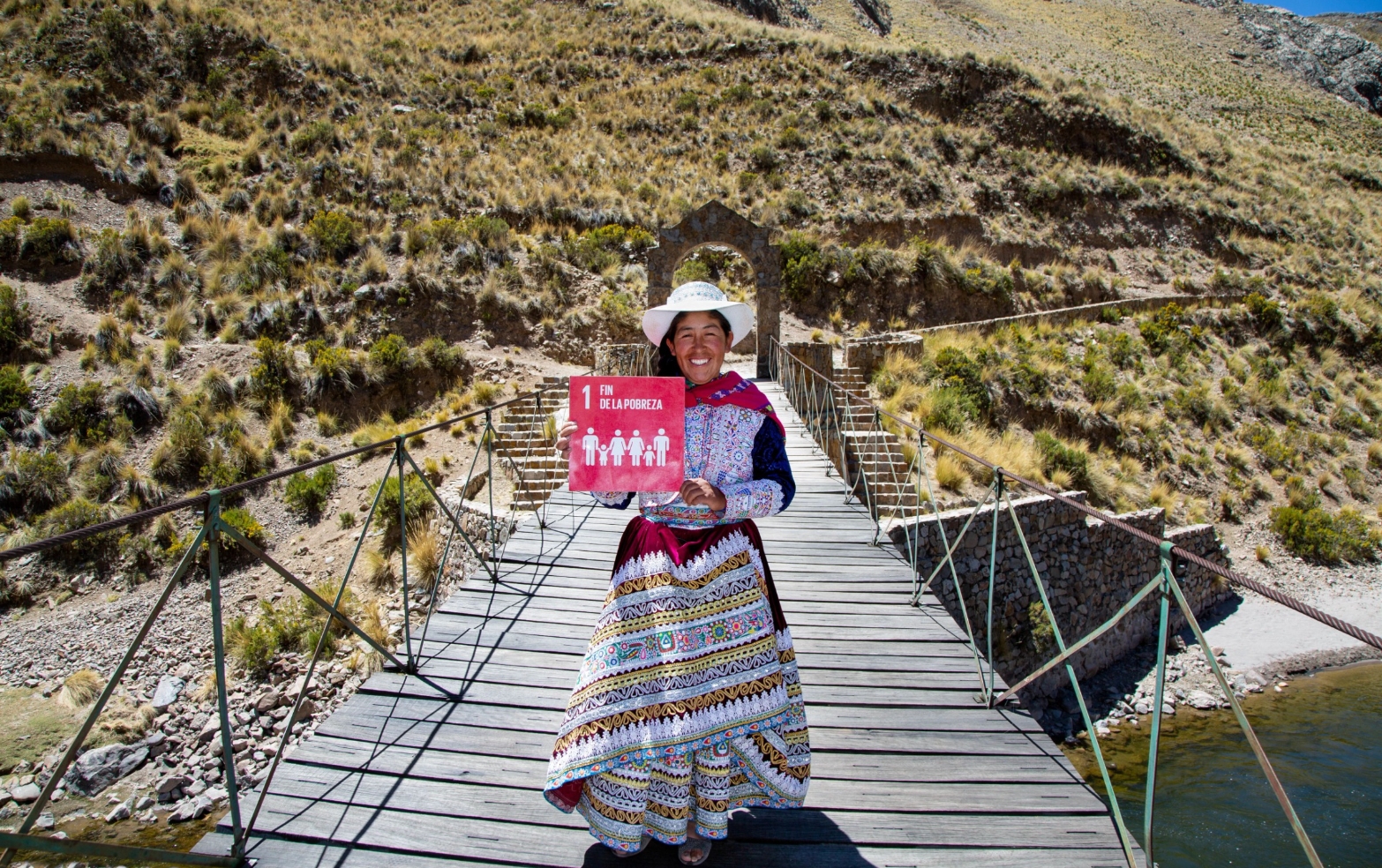
Since 2008, a strong human rights-based approach has been integral to the success of UN-REDD, especially since forest-based solutions and REDD+ schemes are closely linked to the rights of indigenous people and local communities who are the residents and custodians of many forests around the world.
Over the past decade, UN-REDD has developed and deployed a rich set of policies and practices to advance social inclusion and equity in REDD+ endeavours, underpinned by inclusive, gender-responsive policies and decision-making for national and sub-national REDD+ processes. This approach is based on the fact that the women and men who live within or in close proximity to forests, and whose livelihoods depend directly upon them, are not only the most affected by policy decisions regarding forest and land use, but are also best positioned to protect and sustainably manage forests. In essence, the rights and knowledge of local communities and indigenous people deserve primary consideration.
The full and effective participation of indigenous people and local communities is essential to the effectiveness of forest governance and forest-based climate solutions. It also results in multiple benefits and societal transformations, such as the promotion of human rights, the development of forest-related policies with high social legitimacy, strengthened democratic governance, the mobilization of forest knowledge, the forging of socio-economic forest partnerships, enhanced local livelihoods and the fostering of social equity and gender equality in climate finance.
UN-REDD has worked for over a decade to develop and pilot a wealth of policy instruments and practices, summarized in the recently published Information Brief on Recognizing and Empowering Indigenous Peoples and Local Communities as Critical Partners in Forest Solutions to the Climate Emergency. These range from stakeholder engagement guidelines to facilitating participatory policy platforms, from gender mainstreaming manuals to pilot community schemes and from forest tenure guidelines to Free, Prior and Informed Consent (FPIC) protocols adapted to the REDD+ agenda.
The inclusion of indigenous people and local communities must be a permanent policy and an ongoing process. It requires democratic governance in public institutions, along with the empowerment of indigenous and local stakeholders. These processes rely on a foundation of trust, dialogue and consensus-building. Combining the knowledge, experience and creativity of diverse stakeholders generates a critical and dynamic mass of policy options and innovations. This inclusive approach is indispensable in enabling governments in devising and implementing actions with social legitimacy. However, the full and effective participation of indigenous people and local communities requires time, proper planning, adequate financial resources and skilled facilitation.
The practice of social inclusion and participatory policymaking must evolve as new challenges emerge. For instance, the COVID-19 pandemic has limited socio-political and cross-stakeholder interactions, while accelerating the digital transition in public governance. In response, UN-REDD rapidly piloted inclusive digital approaches to help indigenous people and local communities continue to engage in forest and REDD+ affairs. In the current era of digital transition, the full and effective participation of stakeholders will require further efforts and innovations.
The engagement of indigenous peoples and local communities must also be extended to the new carbon finance schemes, in particular carbon markets, that are being developed under the Paris Agreement. Such engagement, building on the foundational efforts made in relation to REDD+ readiness, will be key to ensuring social equality in carbon finance and carbon markets. The instruments and practices that have been developed, tested and used by UN-REDD over the past decade will certainly be useful and necessary for countries to engage in emerging carbon market opportunities effectively and equitably, along with high levels of trust, dialogue and consensus.

